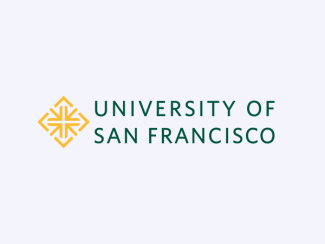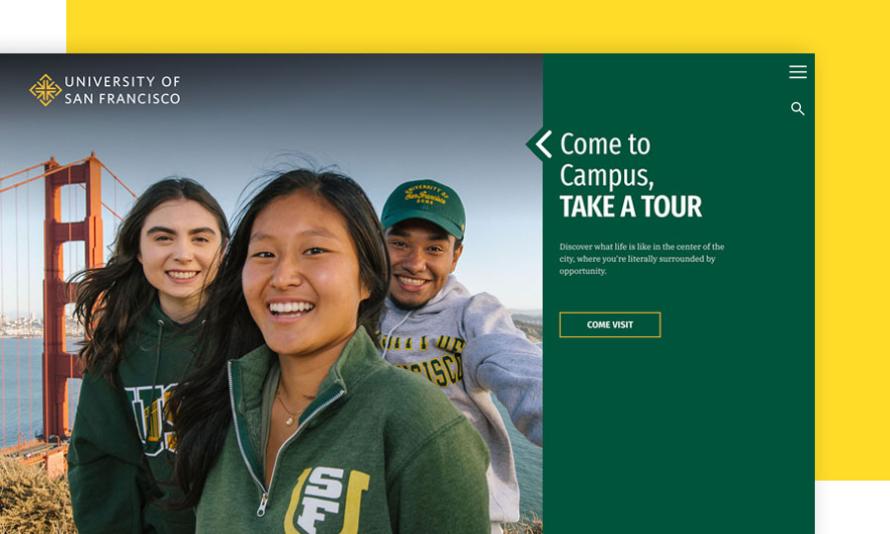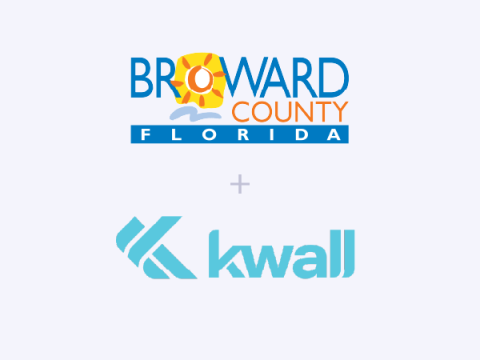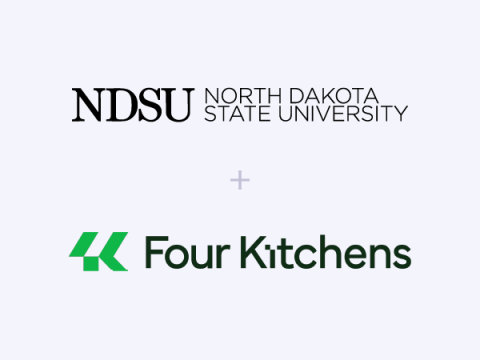A Decade of Drupal at the University of San Francisco
Image

The University of San Francisco (USF) is a private Jesuit university in San Francisco, CA. The oldest university in the city, it serves over 10,000 students.
The University has trusted its online presence to Pantheon for over a decade. The web team switched away from a proprietary CMS in favor of open source.
“We wanted to do more with our websites, to have more flexibility,” recalled David Myers, Web Services Director at USF. “At the time, we felt like WordPress was a little bit rigid, and so we chose Drupal.” With their two websites in Drupal, the team has never looked back.
“The Pantheon partnership has really been working for us. I especially appreciate the developer tools. They offer a great experience to our web team,” said Myers.
Image

Developer tools that matter most
USF has two sites. The web team has been diligently upgrading each site to the latest Drupal version over the years relying on Pantheon’s Multidev environments, which allow teams to work on multiple projects simultaneously without disrupting the live sites.
Multidev really helps us to refine the types of updates we are doing. We work in sprints so having those Multidev spaces for QA testing is fantastic, and we can avoid making mistakes before we push to production.”
- David Myers, Web Services Director at USF
The University also uses Advanced Global CDN to improve page performance and for domain-masking of a non-Drupal system. For example, with AGCDN the university can proxy traffic to a third-party vendor's student recruitment tool using a subdirectory of the university's primary domain instead of a one-off subdomain that would confuse the end-user experience.
As the web team is gearing up for the Drupal 10 migration, the goal is to keep on top of the performance metrics. Their flagship site, usfca.edu, passed the Q2 2024 Core Web Vitals tests, which means success in Google Search Engine rankings and user experience. Results also show a fantastic 92 score in the SEO ranking.
Two sites, two different audiences
Myers is part of Web and Digital Communications, a team of 15 responsible for all digital marketing. They manage two Drupal sites and one Drupal instance to syndicate events.
Geared toward prospective students, alumni donors and external audiences, the flagship website has an average of a million monthly views. Schools and colleges direct their content updates to the web team to ensure usfca.edu’s consistency and on-brand user experience.
The school’s second website, myusf.usfca.edu, provides students, faculty and staff with news on campus life and student services. This internally focused website has a distributed web ownership model where editors can update their own content for their respective offices and programs.
“We were getting a lot of feedback from current and prospective students that it was confusing to find relevant information, so we decided to separate the audiences and build two different sites,” said Myers. “There's definitely been some education that we had to do, but for the most part, the community has embraced it.”
For events, the school created a separate Drupal instance, feeding the information to the public sites, the intranet, the web app and the campus signage.
“We organize events almost every other day so we wanted to have maximum flexibility and control over this. Drupal has a robust feed system that allows us to syndicate our event content across multiple properties,” explained Myers.
One of the web team’s most important goals is to keep the sites up-to-date with accessibility requirements. The University’s sites have ranked consistently above 90 in the Lighthouse Scoring Report.
“We take accessibility seriously and have been working methodically on compliance with the latest legislation for the last seven years,” said Myers. “All web editors, for example, have to undergo accessibility training before they get publishing privileges.”


